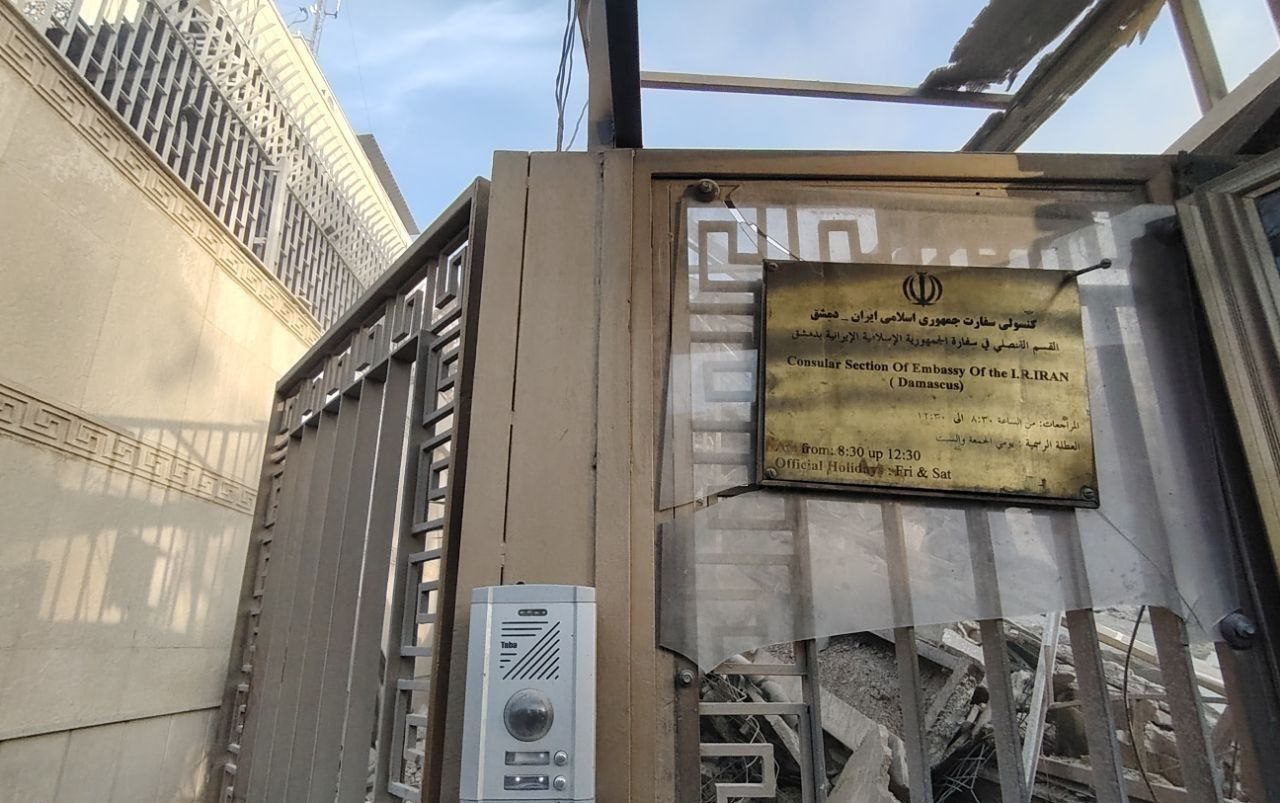Iraq, Jordan, Oman, Pakistan, Saudi Arabia, and the United Arab Emirates condemned the attack.
Qatar condemned the attack on Iran’s consulate in the Syrian capital of Damascus on Monday, describing it as “a flagrant violation of international law.”
“It also considers the attack a flagrant violation of international agreements and conventions and diplomatic norms that criminalise attacks on the premises of diplomatic missions,” Qatar’s foreign ministry said in a statement.
The Gulf state reiterated its “complete rejection of targeting diplomatic and consular missions and the need to provide protection for their personnel under the rules of international law.”
The statement also voiced “Qatar’s firm position on rejecting violence and terrorism, regardless of the motives and reasons.
“The Ministry expresses the condolences of the State of Qatar to the families of the victims, the government and people of the Islamic Republic of Iran, and wishes the injured a speedy recovery,” the statement concluded.
Iraq, Jordan, Oman, Pakistan, Saudi Arabia, and the United Arab Emirates condemned the attack.
The Israeli missile strike on Monday levelled a building next to Iran’s embassy in Syria, killing two Iranian generals and five officers, the Islamic Revolution Guards Corps (IRGC) confirmed.
There was no immediate comment from Israel, which has intensified its attacks on Syria since the beginning of the war in Gaza on October 7, 2023. Last week, Israel killed an Iranian adviser in airstrikes over Deir El-Zour, near the Iraqi border.
The IRGC identified Mohammad Reza Zahedi and Mohammad Hadi Haj Rahimi as the generals killed in the attack.
The Syrian Observatory for Human Rights separately confirmed that 11 were killed in the attack, including eight Iranians, two Syrians and one Lebanese from the “axis of resistance” — an informal anti-Israel coalition.
Those killed included Hezbollah member Hussein Youssef, an official with the group told The Associated Press.
Hezbollah, which falls under the axis, said on Tuesday that late IRGC member Zahedi played a key part in developing and advancing its work in Lebanon.
“This crime will certainly not pass without the enemy receiving punishment and revenge,” Hezbollah said in a statement.
Iran’s Foreign Minister Hossein Amir-Abdollahian described the assault “as a violation of all international obligations and conventions.”
Amir-Abdollahian also summoned the Swiss envoy in Iran, who represents the United States’ interest.
“An important message was sent to the U.S. administration, which is the main supporter of the Zionist regime. The U.S. must be held accountable,” the top Iranian official said.
On Tuesday, Iran’s President Ebrahim Raisi vowed to retaliate after the attack, according to the Islamic Republic News Agency (IRNA).
“After repeated failure and defeat against the faith and will of the Mujahideen of the Resistance Front, the Zionist usurper regime has put blind assassinations on its agenda in its attempts to save itself,” he said, as quoted by IRNA.
While Israel has yet to claim the attack, The New York Times cited four unnamed Israeli officials who acknowledged that Israel was behind the attack.
The assault marked a major escalation in the regional tensions that have been on the rise since the beginning of the Israeli genocidal war in Gaza.
The war led to flare-ups in the Red Sea and Yemen with the Houthi rebels in addition to cross-border attacks between Hezbollah and Israel in southern Lebanon.
Stalled talks over a ceasefire in Gaza have been ongoing, but have yet to reach a breakthrough.
Since October 7, 2023, Israel has killed nearly 33,000 people in Gaza while starving the 2.2 million population.







